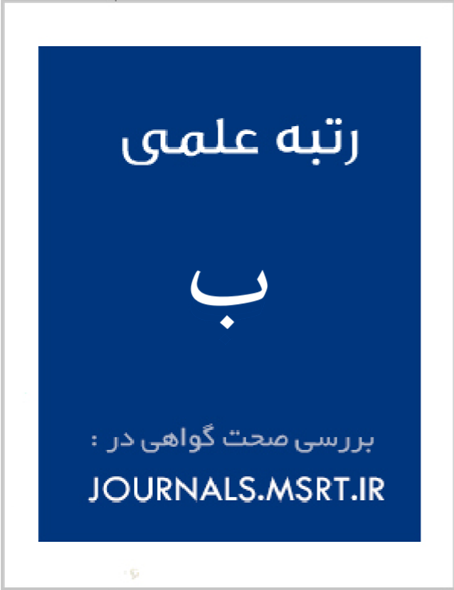A Qualitative Analysis of Religious Scholars’ Reactions to the Modernization of Justice and Freedom Concepts in Islamic Discourse
Keywords:
Religious discourse, Modernization, Justice, Freedom, Religious scholars, Thematic analysis, Contemporary ijtihadAbstract
This study aims to qualitatively analyze the reactions of religious scholars to the modernization of the concepts of justice and freedom in Islamic discourse. This qualitative research employed thematic analysis as its methodological approach. Data were collected through semi-structured interviews with 19 religious scholars residing in Tehran. Participants were selected using purposive sampling, and interviews continued until theoretical saturation was achieved. All interviews were transcribed and analyzed using NVivo 12 software. The analysis revealed three main themes: “discursive responses,” “epistemological challenges,” and “strategic intellectual responses.” A total of 15 subthemes and numerous open codes emerged. The findings indicated a wide spectrum of reactions among scholars, ranging from traditional resistance to critical reinterpretation and conditional acceptance of modern concepts. Challenges in understanding modern justice and freedom stemmed from limitations in analytical tools and conceptual ambiguity. Some scholars actively engaged in conceptual reconstruction through institutional innovation, modern training, and selective engagement with modernity. Religious scholars' responses to the modernization of justice and freedom are diverse, context-dependent, and discursively rich. The religious domain holds potential for conceptual renewal, but this requires theoretical, dialogical, and institutional reinforcement. The results have practical implications for cultural, educational, and religious policy-making aimed at bridging the gap between tradition and modernity.
Downloads
Downloads
Published
Submitted
Revised
Accepted
Issue
Section
License

This work is licensed under a Creative Commons Attribution-NonCommercial 4.0 International License.


